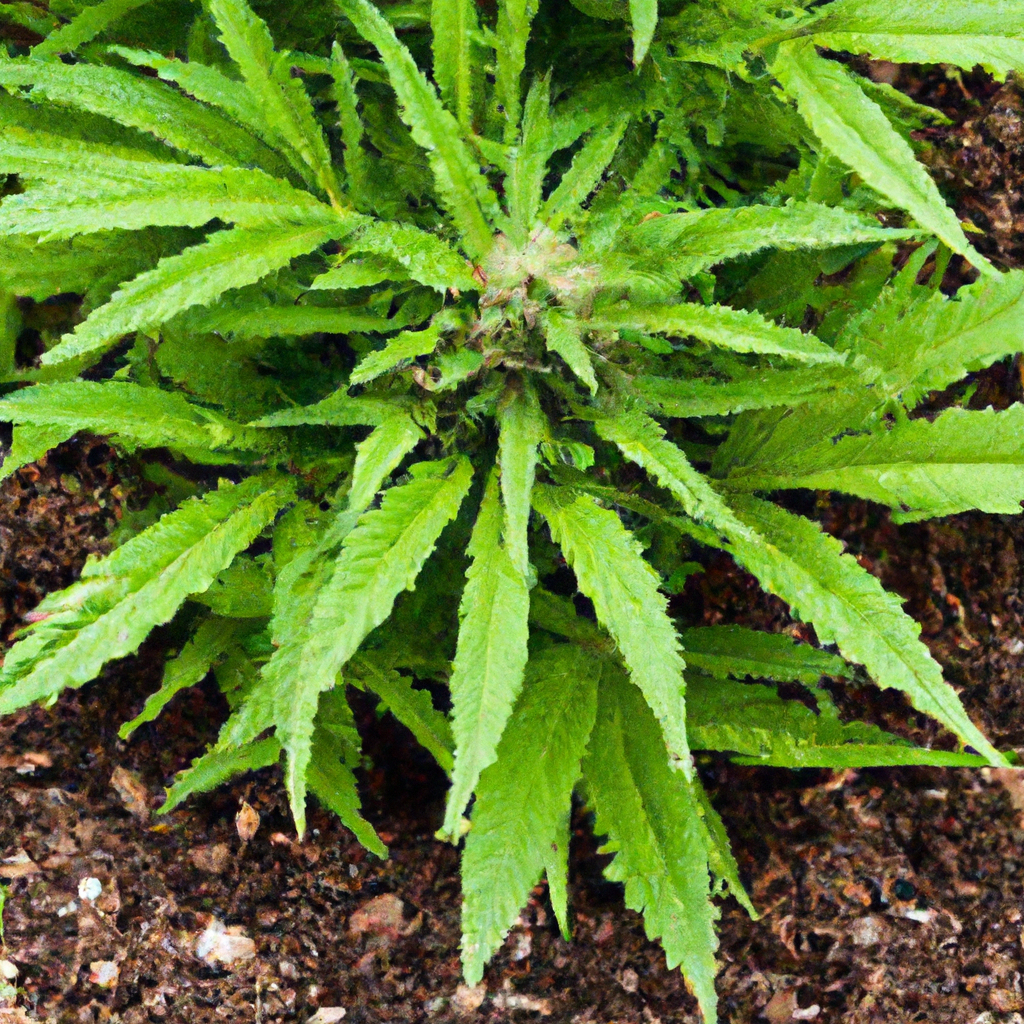Your cart is currently empty!
Organic cannabis cultivation offers a sustainable path that is beneficial for both the environment and consumers. By employing natural fertilizers, compost, and organic pest control, growers can produce cannabis that is both eco-friendly and rich in quality. In this article, we’ll explore the best practices for organic cannabis cultivation, focusing on building healthy soil ecosystems and promoting sustainability.
Natural Fertilizers and Composting
Using natural fertilizers and compost is essential in organic cannabis cultivation. These components enrich the soil, providing plants with essential nutrients without resorting to synthetic chemicals. Here are some recommended organic fertilizers:
- Compost: Decomposed organic matter rich in nutrients helps improve soil structure.
- Bone Meal: High in phosphorus, it promotes healthy root development.
- Fish Emulsion: An excellent source of nitrogen, encouraging lush vegetative growth.
- Seaweed Extract: Enhanced with trace minerals to boost plant immunity and stress tolerance.
Incorporating these elements not only nourishes your cannabis plants but also fosters a thriving ecosystem in the soil.
Building Healthy Soil Ecosystems
A robust soil ecosystem is foundational to organic growing. A thriving soil environment supports plant health, resilience, and productivity. Key practices involve:
- Cover Cropping: Planting cover crops like clover or vetch helps prevent erosion, suppress weeds, and fix nitrogen in the soil.
- Crop Rotation: Rotating cannabis with other crops prevents nutrient depletion and interrupts pest cycles.
- Beneficial Microbes: Introducing beneficial fungi and bacteria supports nutrient uptake and enhances root health.
By nurturing the soil, you set the stage for a productive and healthy cannabis cultivation season.
Organic Pest Control Methods
Maintaining a cannabis garden organically requires effective pest management strategies without the use of harmful chemicals. Here are some natural pest control methods:
- Companion Planting: Utilize plants like marigold and basil, which naturally repel common pests.
- Neem Oil: A natural insecticide that disrupts pest growth and reproduction.
- Beneficial Insects: Introducing predators such as ladybugs and predatory mites can help keep pest populations in check.
- Diatomaceous Earth: This natural powder dehydrates and eliminates soft-bodied insects.
Implementing these organic pest control measures ensures the protection of your plants without compromising the environment or plant quality.
Benefits of Organic Cannabis
Organic cannabis cultivation not only promotes environmental health but also yields products that are safer for consumers. Organically grown cannabis is free from synthetic chemicals, ensuring a purer, more natural product that contains richer terpene and flavonoid profiles. Moreover, sustainable practices in cultivation conserve resources, promote biodiversity, and reduce harmful environmental impacts.
Conclusion
Embracing organic practices in cannabis cultivation presents a win-win situation for both growers and consumers. By focusing on natural fertilizers, composting, healthy soil ecosystems, and organic pest control, growers can create sustainable operations that yield high-quality, environmentally-friendly products. The result is cannabis that is beneficial for both people and the planet.
Discover more from Magic Clones
Subscribe to get the latest posts sent to your email.


Leave a Reply